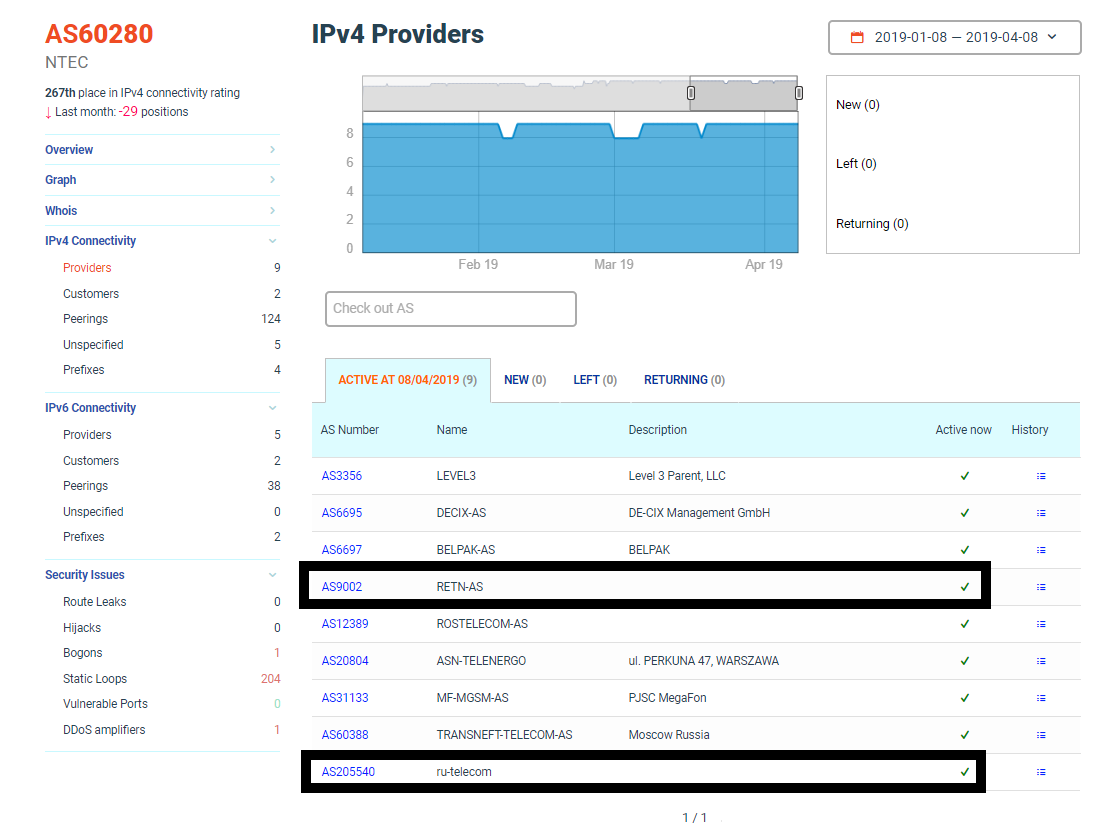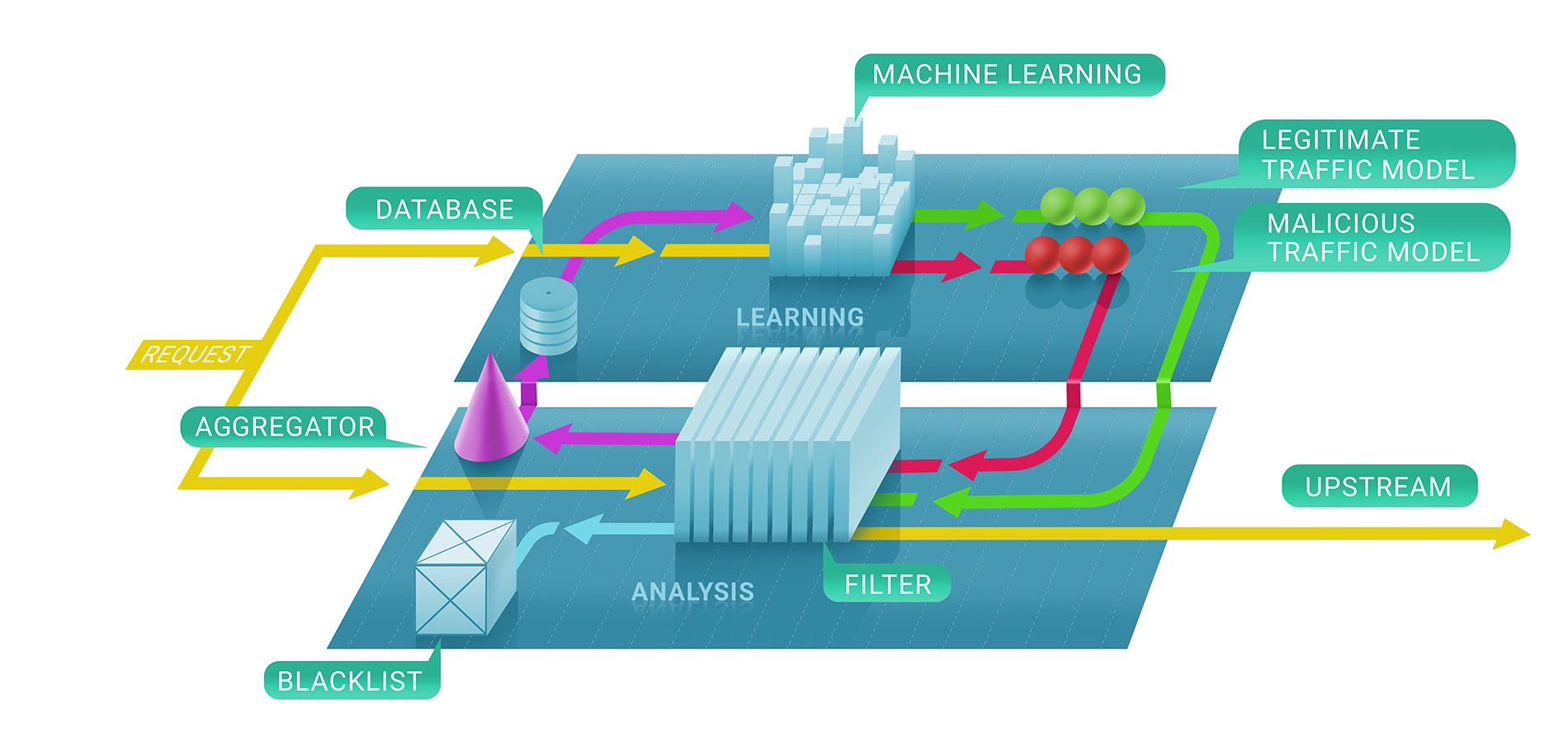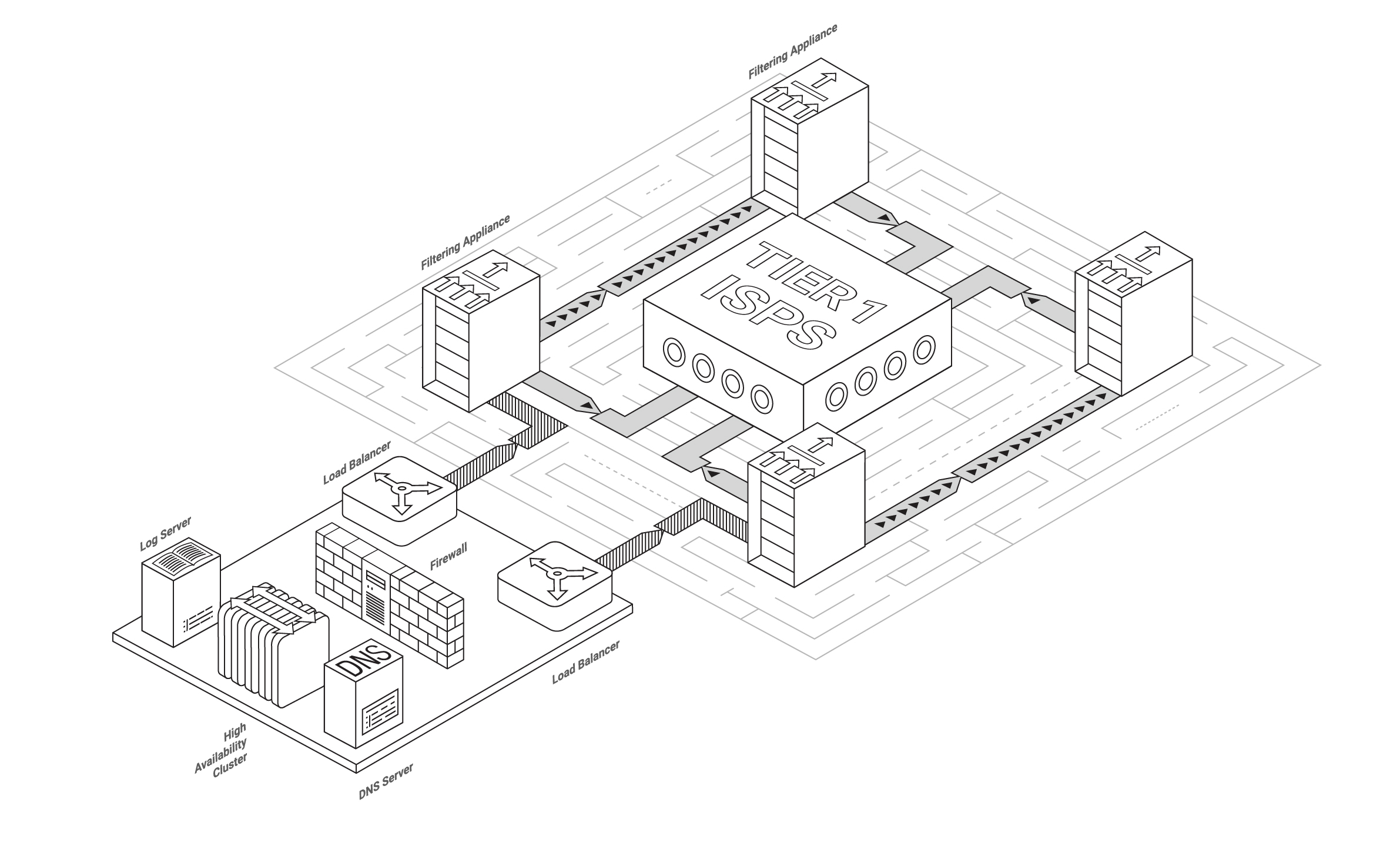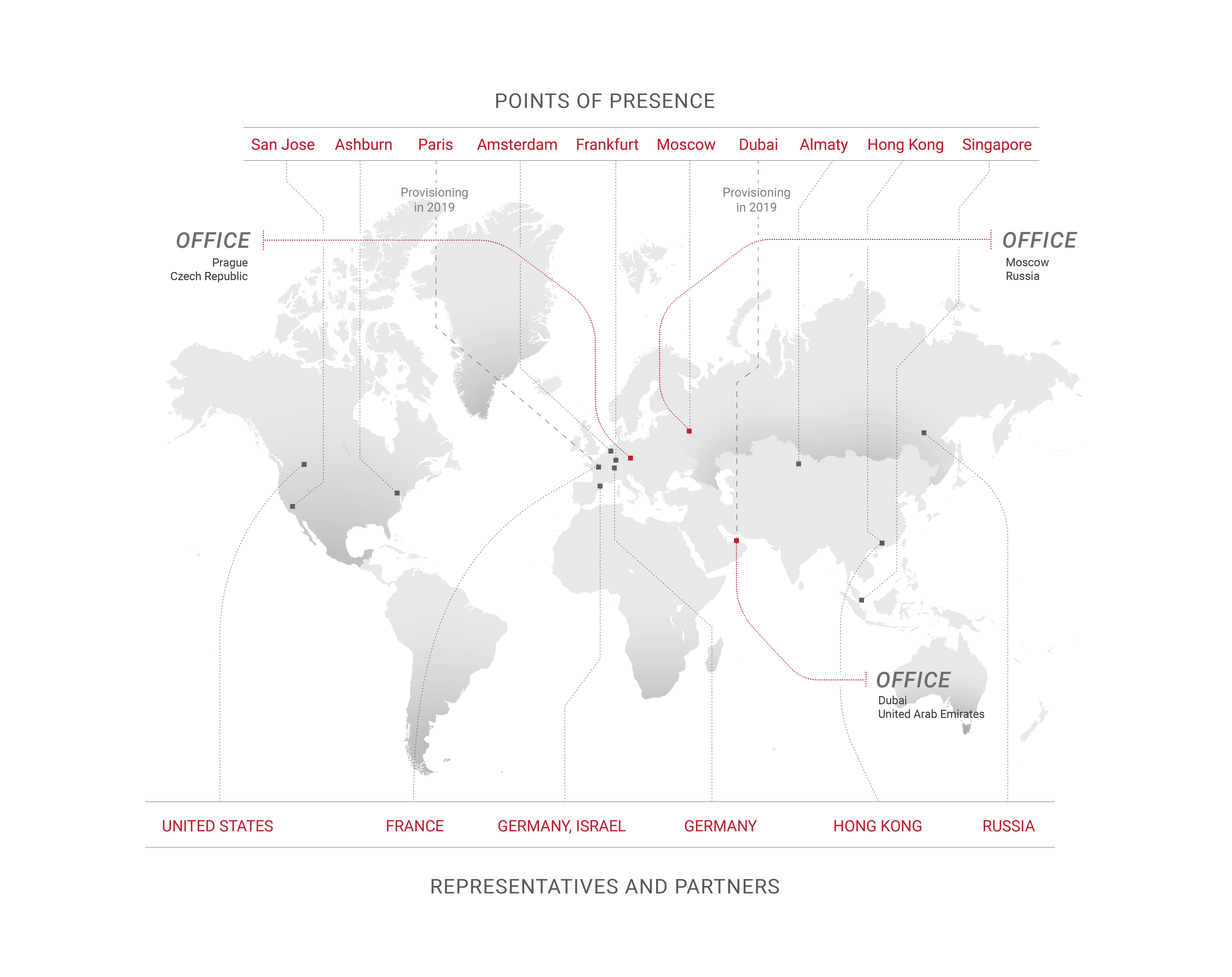TL;DR: starting February 2020, DNS servers that don’t support DNS both over UDP and TCP may stop working.

Bangkok, in general, is a strange place to stay. Of course, it is warm there, rather cheap and some might find the cuisine interesting, along with the fact that about half of the world’s population does not need to apply for a visa in advance to get there. However, you still need to get acquainted with the smells, and the city streets are casting cyberpunk scenes more than anything else.
In particular, a photo to the left has been taken not far from the center of Thailand’ capital city, one street away from the Shangri-La hotel, where the 30th DNS-OARC organization meeting took place on May 12 and 13. It is a non-profit organization dedicated to security, stability, and overall development of the DNS — the Domain Name System.
Slides from the DNS-OARC 30 meeting are recommended for everyone interested in how the DNS works, though perhaps the most interesting is what is absent in those slides. Namely, a 45-minute round table with a discussion around the results of DNS Flag Day 2019, which occurred on February, 1, 2019.
And, the most impressive result of a round table is the decision to repeat DNS Flag Day once again.





